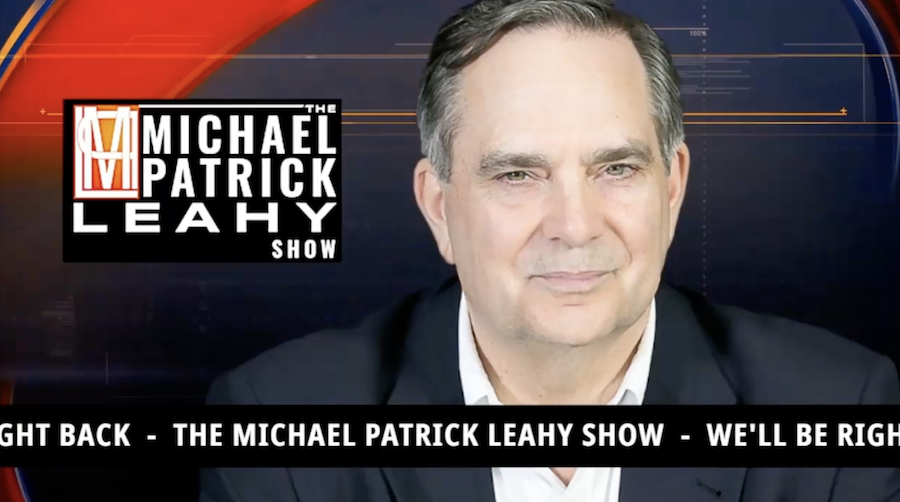
OCV Bus Tour ends with successful event in DC
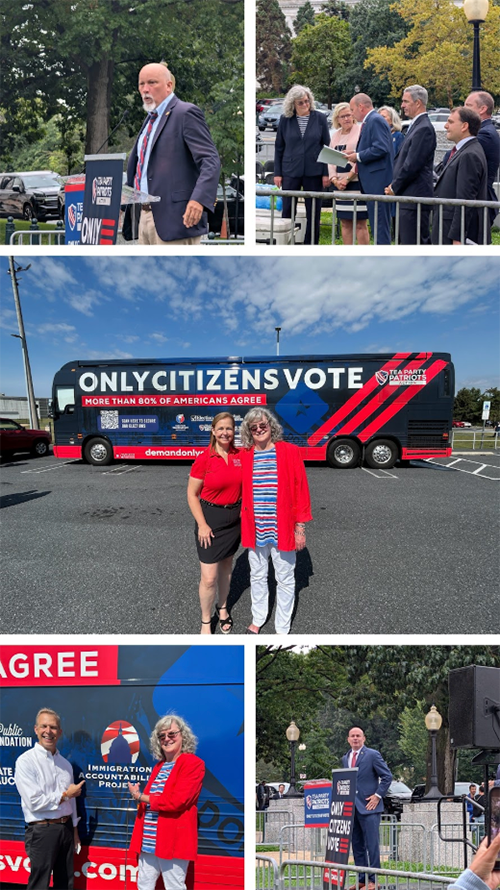
From top left to bottom right: Rep. Chip Roy; DC featured speakers; Rosemary and Tea Party Patriots' Jenny Beth Martin; Rosemary and Rep. Scott Perry; Sen. Mike Lee.
For the past three weeks, the Immigration Accountability Project has been part of the Tea Party Patriots’ Only Citizens Vote nationwide bus tour. This week, the tour came to an end with a stop on Monday at Maryland’s state capitol in Annapolis and a final stop in front of the U.S Capitol in Washington, D.C.
IAP’s Co-founder and Director of Policy, Rosemary Jenks, spoke at both events and urged Congress to pass the SAVE Act – legislation introduced by Rep. Chip Roy (R-TX) and Sen. Mike Lee (R-UT) that would require proof of citizenship when registering to vote.
The House passed the bill earlier this year, but the Senate has yet to take it up. One option for passage is to attach it to must-pass legislation. For example, Congress must pass a spending bill before Sept. 30 to avoid a government shutdown. But Pres. Trump has requested a “clean continuing resolution” that would simply extend current funding levels to a future date, so that may not be an option. GOP Leaders could also use the National Defense Authorization Act or the annual farm bill, which are also considered “must-pass” legislation.
House approves legislation to deter illegal immigration
On Thursday, the House of Representatives passed H.R. 3486, the Stop Illegal Entry Act, introduced by Rep. Stephanie Bice (R-OK). The legislation mandates additional jail time for criminal aliens and repeat illegal border crossers. The bill passed 226-197 with 11 Democrats joining all Republicans to pass the bill.
We hope that the passage of this bill is a sign of things to come. While H.R. 3486 will help in deterring future illegal immigration, Congress needs to reintroduce and pass H.R. 2, the Secure the Border Act. H.R. 2 would codify Pres. Trump’s executive actions to close many of the loopholes that were exploited under Pres. Biden and caused the largest border surge in history. We can’t afford to have our immigration enforcement depend on the whims of each new administration.
R.I.P. Charlie Kirk, a true patriot and conservative voice of a generation
The country lost a great patriot earlier this week when Turning Point USA’s founder, Charlie Kirk, was assassinated while doing what he loved—having civil political discourse with students on a college campus.
Charlie was a force of nature, and his influence on younger Americans, particularly on the issue of immigration, was tremendous. An America First policy means an immigration policy that secures the border, ends illegal immigration, and prioritizes American workers over cheap foreign labor. No one understood that better than Charlie, and he used his platform to impress that on young Conservatives.
Rest in peace, Charlie. Please continue to keep his family in your prayers.
Immigration Articles
Rep. Gill Introduces Domestic Jobs Protection Act
This week, Rep. Brandon Gill (R, TX-26) introduced the Domestic Jobs Protection Act. Here is what we had to say about this great piece of legislation:
"For decades, America’s immigration system has been abused by open-border administrations to allow hundreds of thousands of aliens each year to stay and work in the United States without authorization from Congress. This mass influx of cheap labor has had a profound impact on the wages and job prospects of working-class Americans and students, who deserve a chance to build their own American dream. Congressman Gill’s Domestic Jobs Protection Act strikes the loophole that has allowed this to occur unchecked. His bill would help protect American workers, restore integrity to the immigration system, and reclaim Congressional authority over immigration policy.”
DHS Scores Major Victory at Supreme Court
In a 6-3 decision this week, the Supreme Court made it clear that the Trump Administration has the legal authority it needs to continue its significant immigration enforcement operations in Los Angeles. Some Democrats were in an uproar, with many making absurd, sweeping claims about what this would mean for future immigration enforcement. If they’re this concerned with the impact, it must be a significant win for enforcement. With legal cases continuing to pile up at the Supreme Court regarding immigration enforcement, Justice Kavanaugh wrote-
“[I]t is also important to stress the proper role of the Judiciary. The Judiciary does not set immigration policy or decide enforcement priorities. It should come as no surprise that some Administrations may be more laissez-faire in enforcing immigration law, and other Administrations more strict. Article III judges may have views on which policy approach is better or fairer. But judges are not appointed to make those policy calls.”
Top US immigration official defends rule targeting ‘anti-American’ views in green card, visa process
In what most Americans would consider a common-sense application of the law, our friend and Director of US Citizenship and Immigration Services (USCIS), Joe Edlow, needed to explain to the press why the agency would be scrutinizing anti-American views of those applying for green cards (permanent residence). This article is an excellent opportunity for you to hear directly from Director Edlow on this policy, as well as several other improvements over at USCIS. We at IAP are incredibly grateful for his leadership.
Georgia ICE Raid Netted Workers With Short-Term Business Visas
A major immigration enforcement action at a Hyundai factory in Georgia last week grabbed headlines, after nearly 500 illegal aliens were detained. The New York Times breaks down what occurred and how it appears that Hyundai exploited immigration law to get cheap labor. What the Times is trying desperately not to say is that a large percentage of these South Korean workers were in the United States on B-1/B-2 visas, which do not permit them to work.
Next Week
The House and Senate are in session next week, and rumors are circulating that the House will attempt to pass a continuing resolution (CR) to fund the government for an unspecified period. We’re watching this closely to determine the potential impacts on immigration policy.

Video - Rosemary Jenks outlines Democrats' demand to limit immigration enforcement

Commentary - Immigration 'On Net': Evaluating Wage Stagnation and Mass Immigration
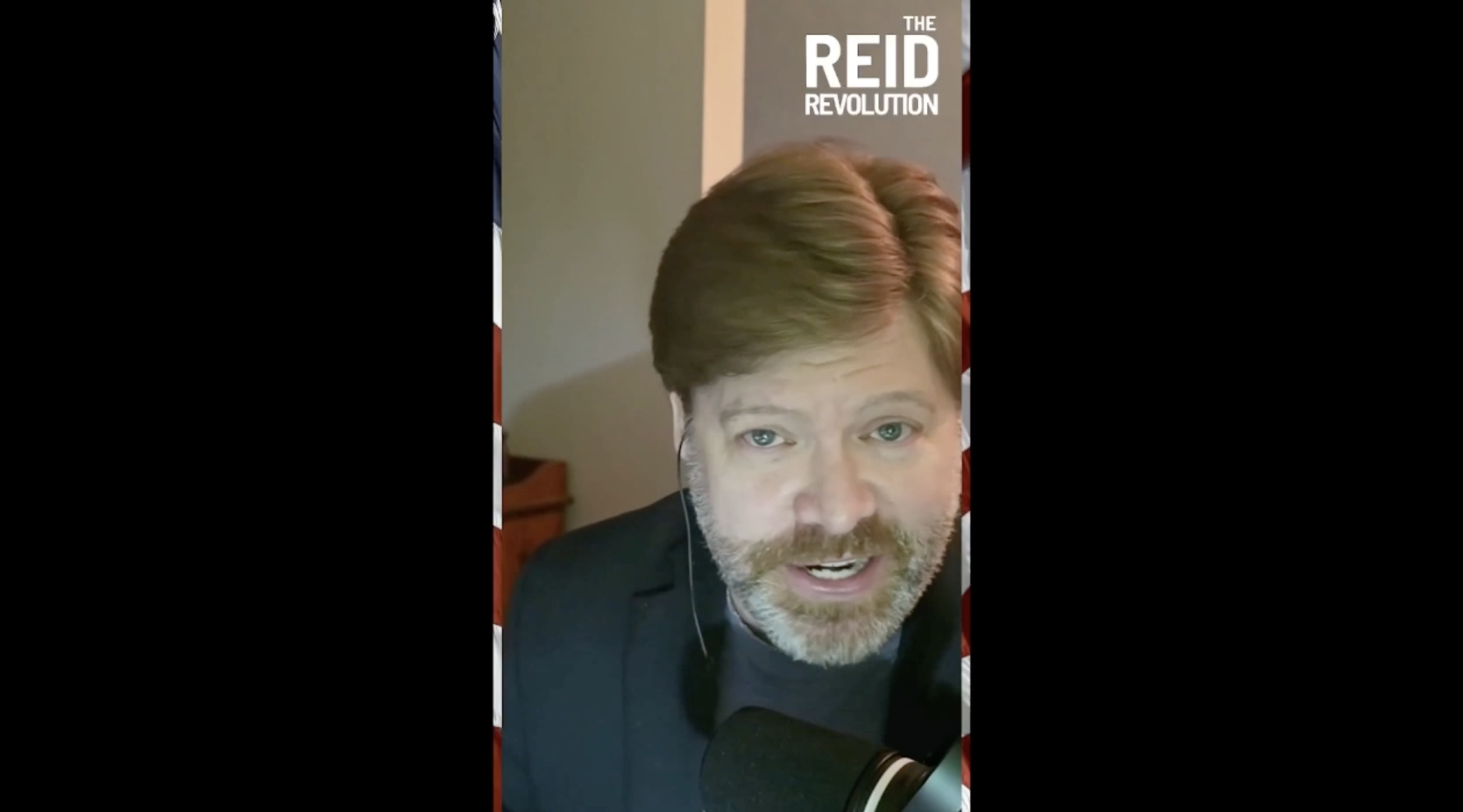
Video - Rosemary Jenks introduces IAP to the Reid Revolution Podcast
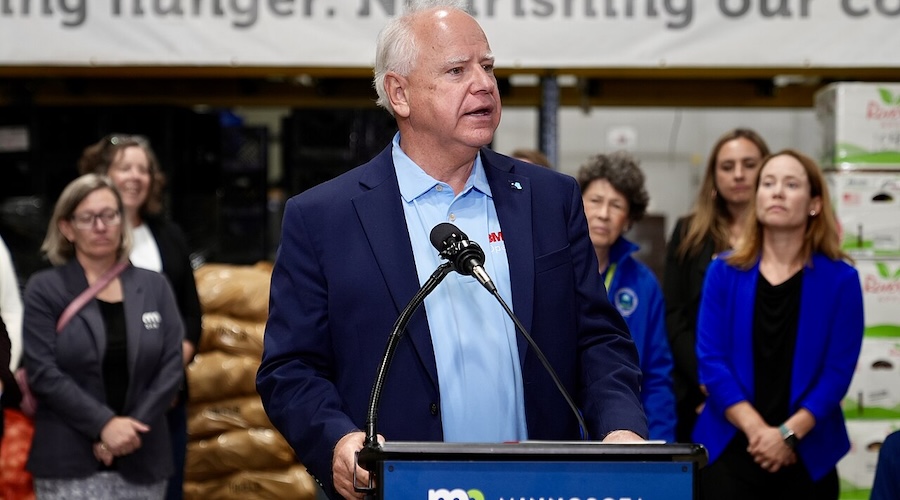
Commentary - Massive Fraud Makes a Moratorium Necessary
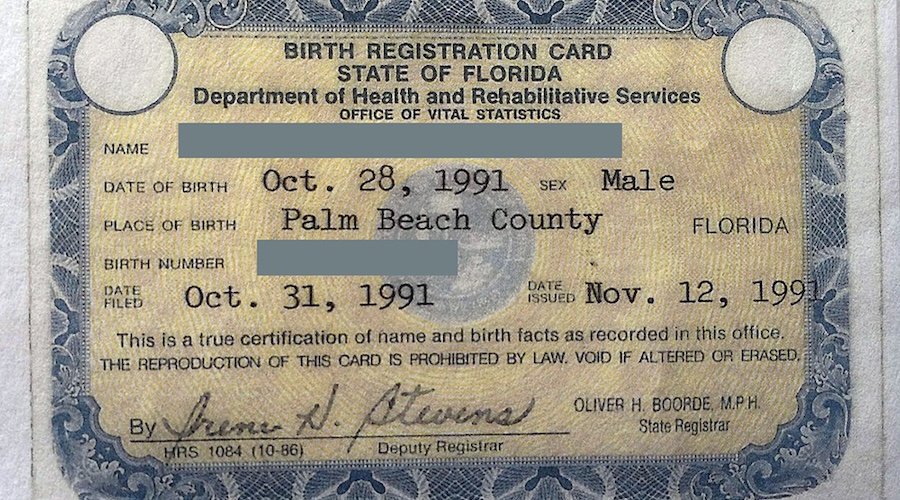
Commentary - Automatic Birthright Citizenship on the Chopping Block
